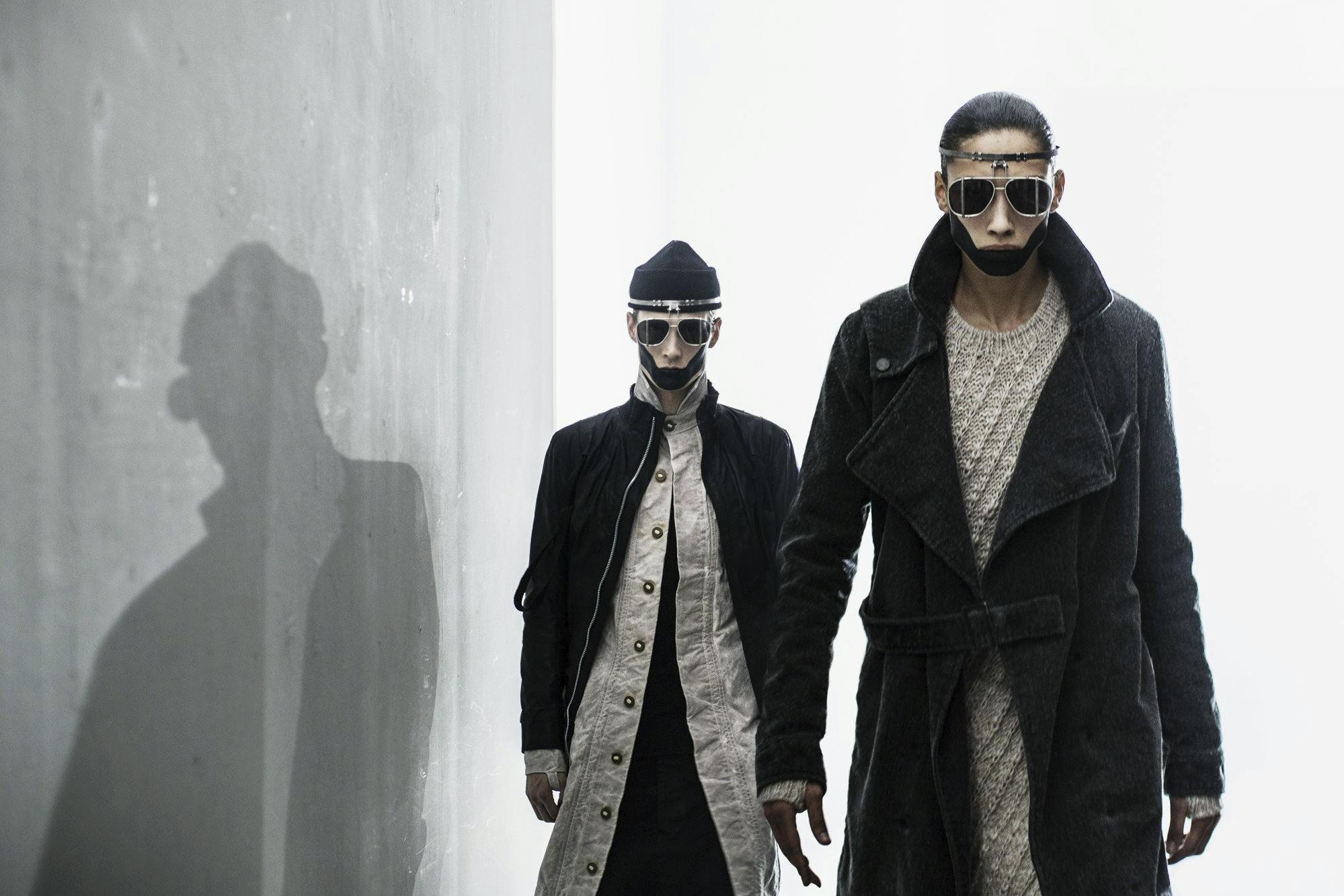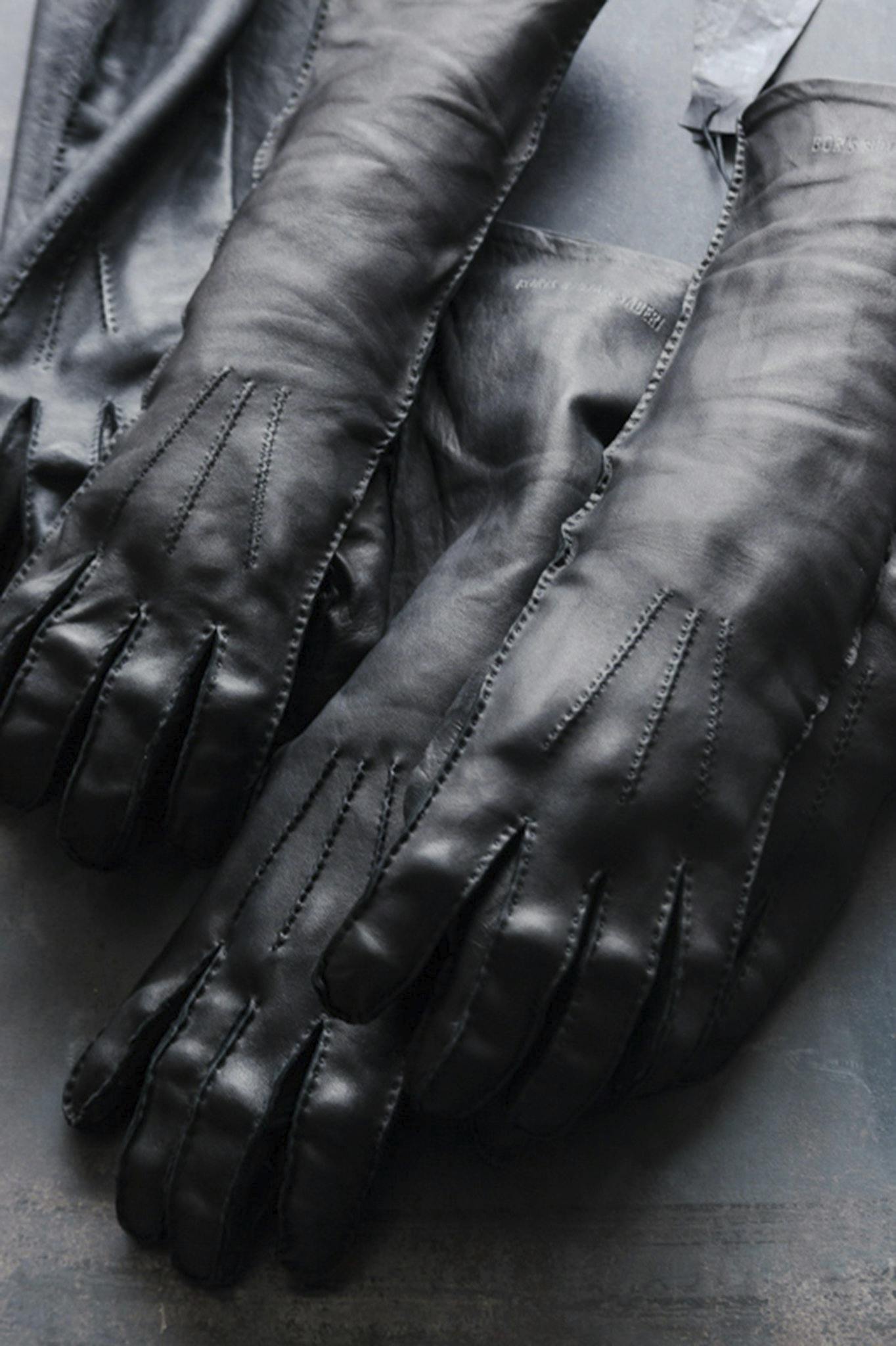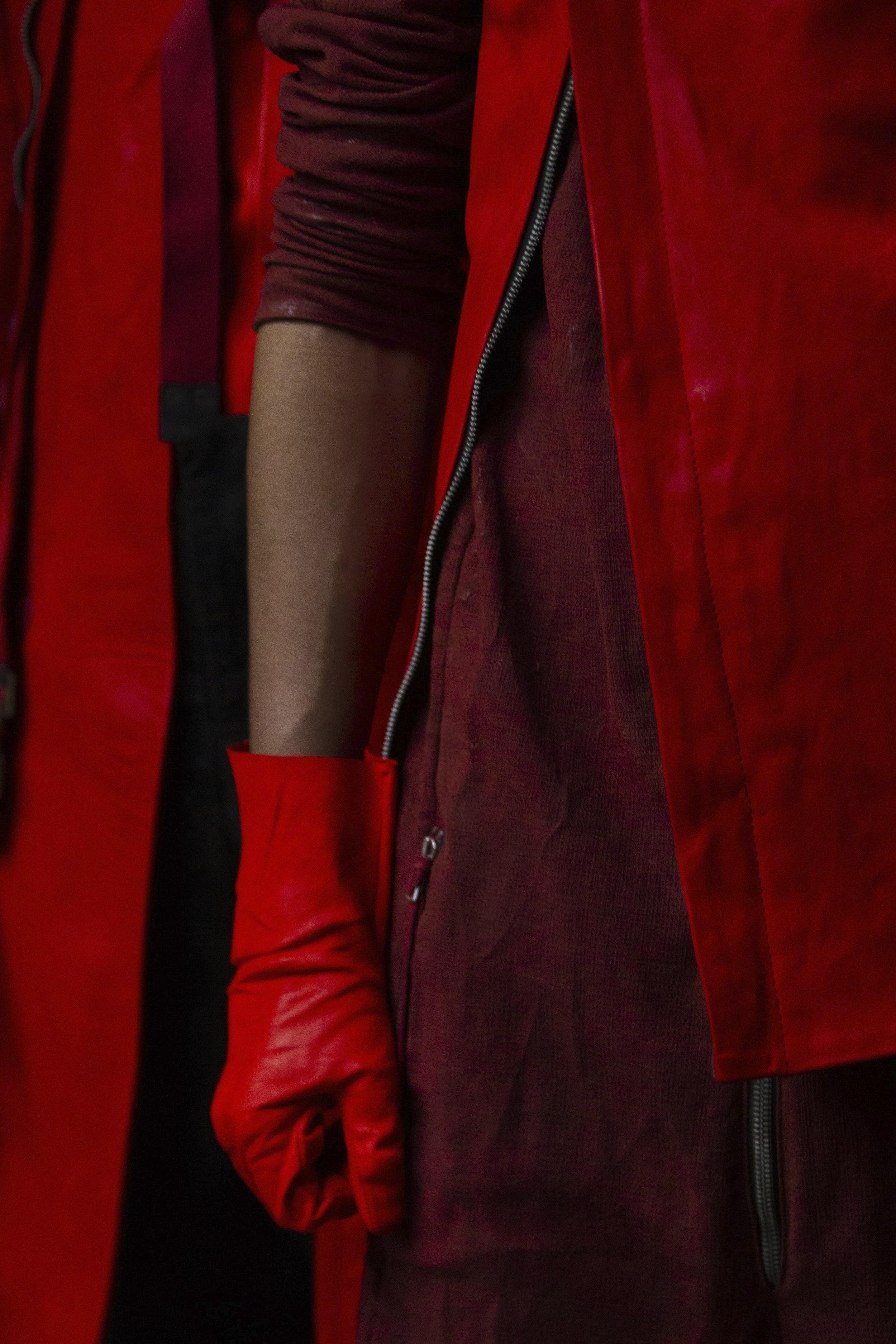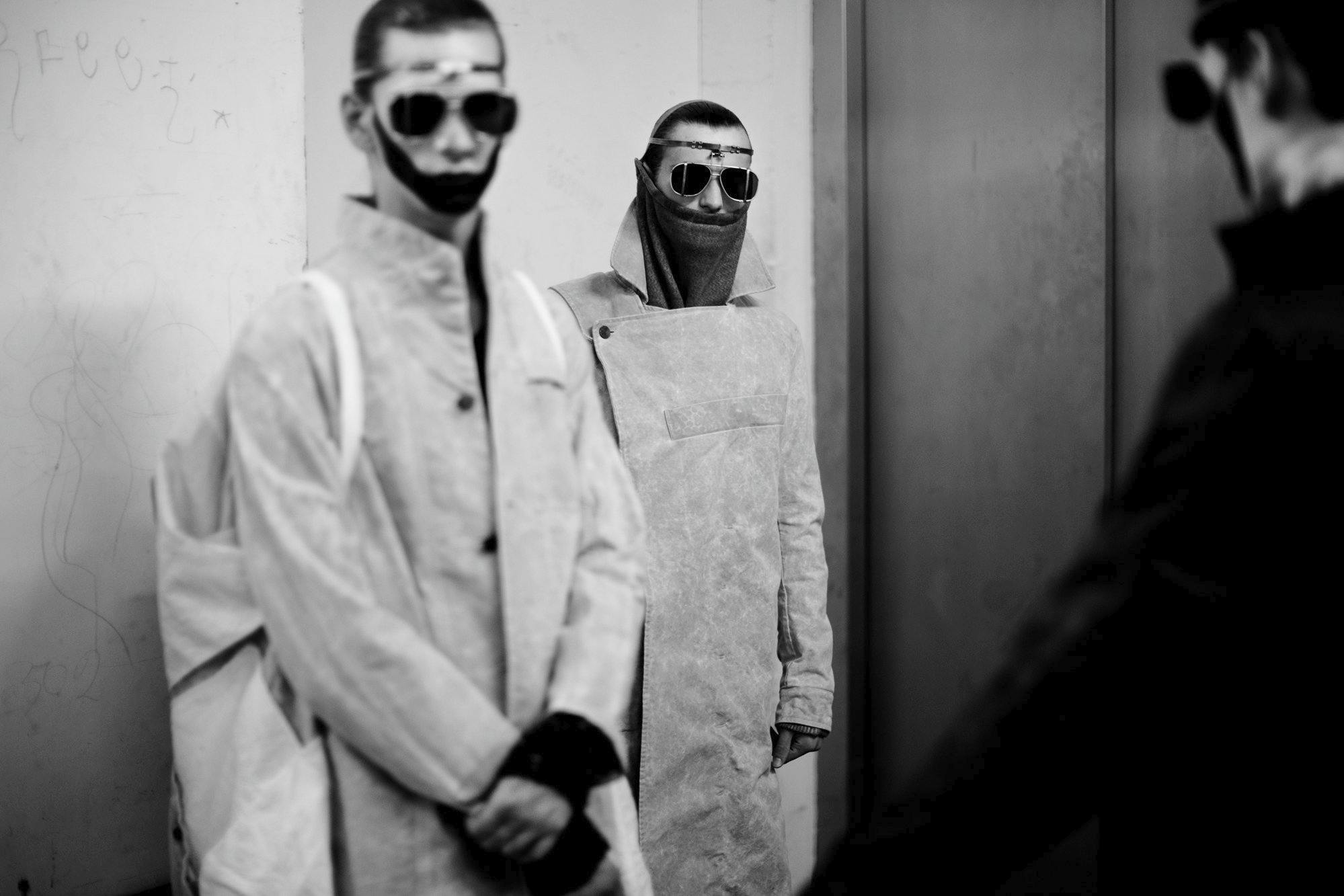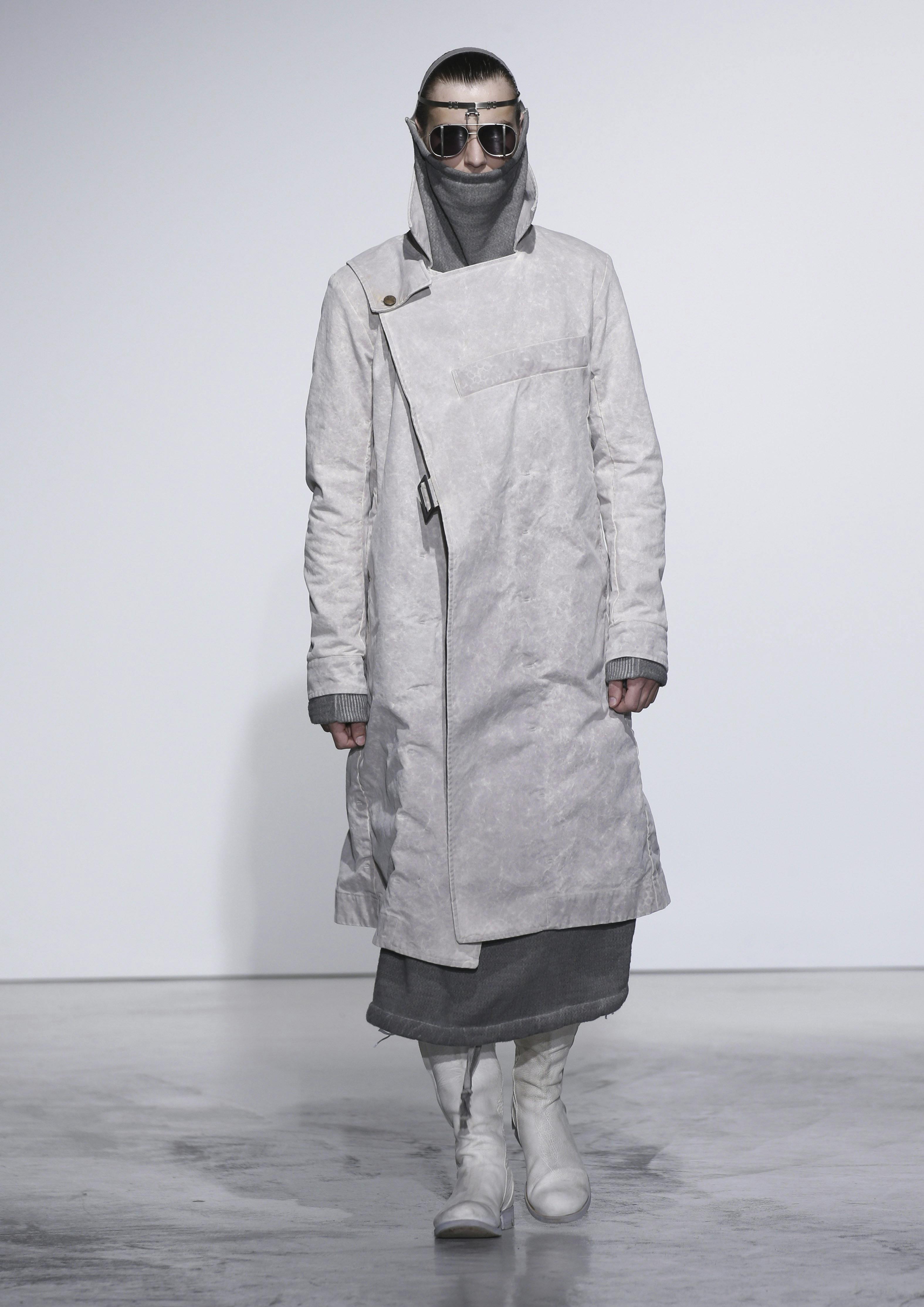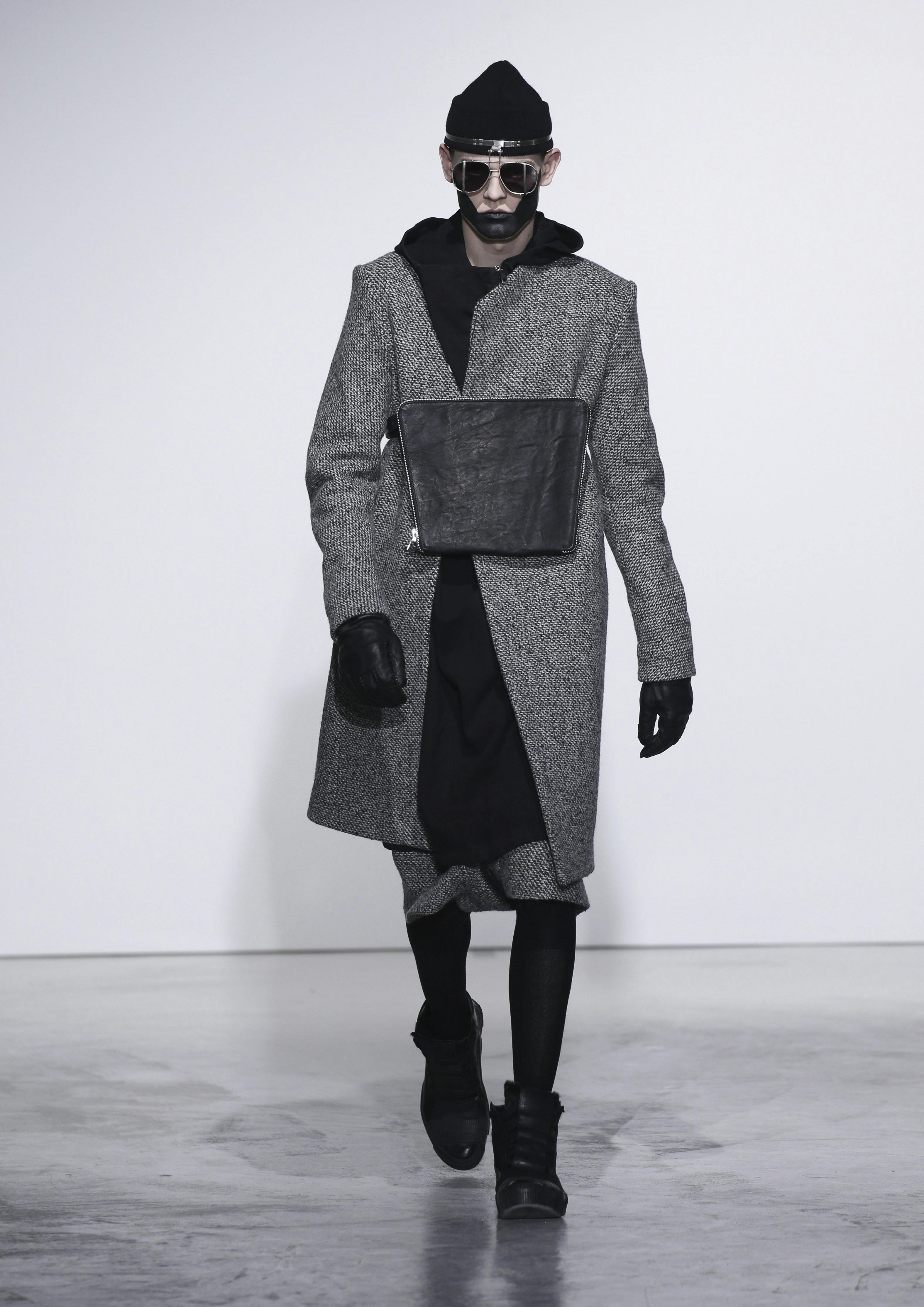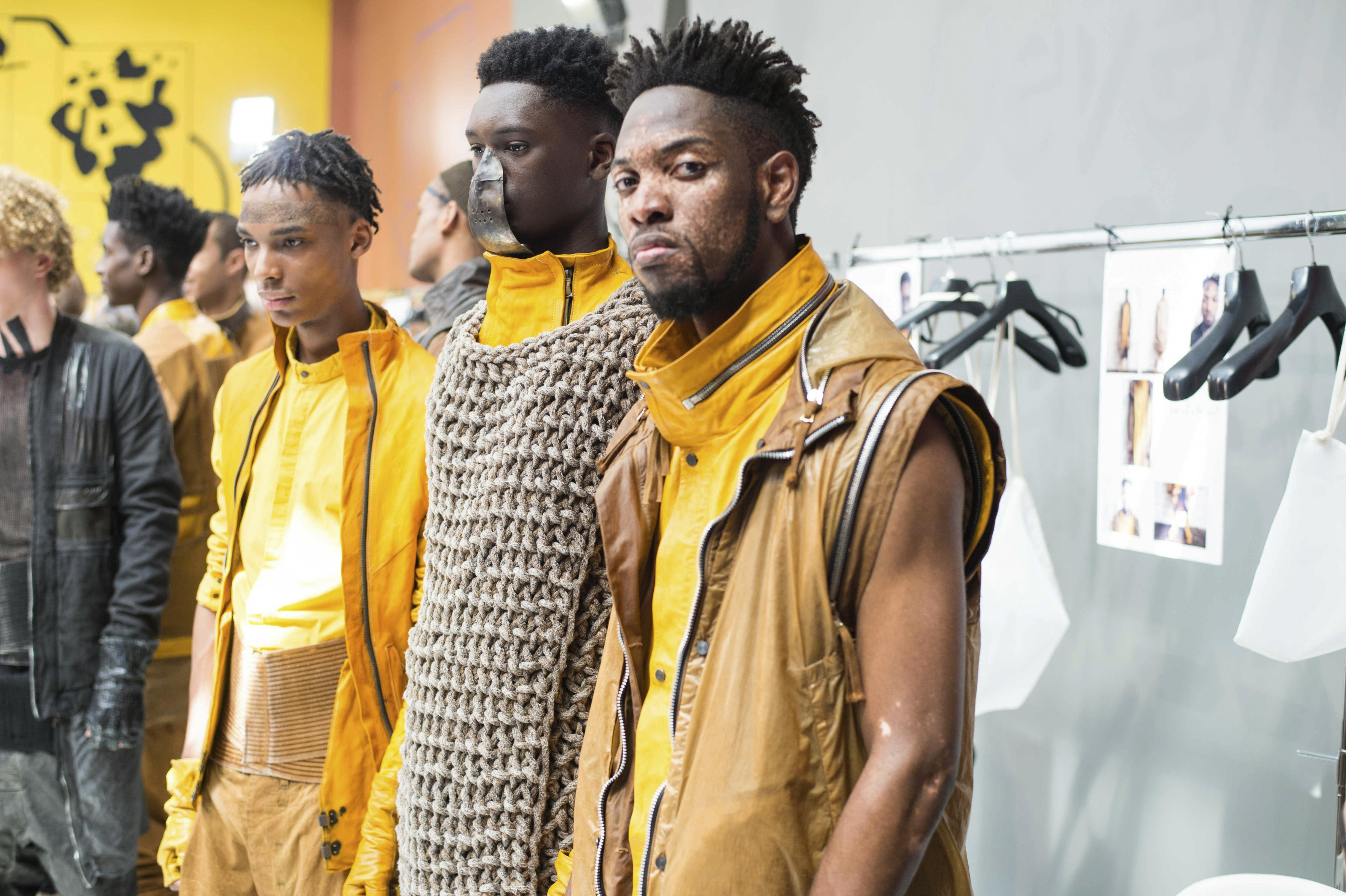Between this collection, and the one you just presented... What changed?
The creative process, mostly. I now have a base that I can adapt and expand. I have discovered new areas, erased everything I had in my head and integrated it into the clothes. Today, the question I ask myself, with a big smile on my face, is "what do you need?"
It's more complicated than it sounds, because in the end I have everything I want. Materially I don't need anything, but I still love to create, make, reinterpret... It's my way of communicating with the world. There are definite visions, affirmations behind what I do, and I want to share them, to draw attention, to help people think, in a way. To think about what they want, what they feel, to think about themselves. I like to dress them in clothes that are full of energy, because I know that my team and I infuse a lot of positivity into it, that we love what we do.
This notion of necessity is essential to my creative process. The last collection revolved around science fiction and post-humanism. I asked myself "what would happen if you only had one leg and had to improvise? How would you make a second leg out of the things you could pick up, in a world without engineers, computers, 3D printers and titanium legs?" That was my starting premise. I just let my imagination travel, get lost, bounce around... I thought about how everything could rust over time, about rust and its pretty brown and yellow tones. I encourage my team to let their inner children express themselves, then we start over, together, to create a larger vision, little by little, inhabited by our own minds.
Letting your inner child speak and focusing on your needs are essential ingredients for your creative freedom. What do you think people need these days?
Honestly, I don't know what they need. I wish people would close their eyes and "feel" again. I have the feeling that many people have lost contact with their emotions, that they only focus on what is around them, on these negative times, without paying attention to what they really feel.
When I design a new piece, I try it on, to see how it feels on my skin. If it feels good, then I have succeeded in creating a new garment, something evolved. I need to feel something strong, so strong that it hurts. I would like the garment to be felt that way, for my pieces to have an impact on the lives of those who wear them. Maybe it does, otherwise people wouldn't buy my clothes. I don't want to create low-end pieces because I use quality materials, because I employ a talented team that does a lot of research for each collection. Together we create objects and pieces that just want to be loved.
We interviewed Bonotto, the man behind the "Fabbrica Lenta". He is a remarkable philosopher. According to him, everything they do at Fabbrica Lenta is to unite the energy of people with emotions, joy and love, to make yarn, used to create fabrics. He believes that if their work is so different, if so many designers in the world want to use their fabrics, it is because of this.
I've worked with Bonotto, it makes sense to me. I think we wouldn't work together if we didn't see fashion from the same angle, if we didn't put emotions in our work. I have a lot of respect for Mr. Bonotto because he creates in the best way.
I make sure to have a real connection with my collaborators. I don't consider myself a spiritual person, I just try to get to the point and feel things. They have a special place in my heart because I couldn't do what I do without them. I select everyone myself, from my closest collaborators to the fabric producers, to the people who work in the factories. I want to be aware of everything, to make sure that everything makes sense. If it doesn't, I make sure it does. I choose to make my own fabrics and leathers. Most of the time we use original textiles that we make from scratch, because that's the only way to stand out and stay authentic. Sometimes it works, sometimes I look for materials that already exist. Fortunately, I don't chase fame and fortune, I know it's not my destiny, and I have no problem with that. The time allotted for creation and production is limited, and I am happy that we manage to do such a lot of research and experimentation with each collection, despite the short time allotted. That's why I create.

